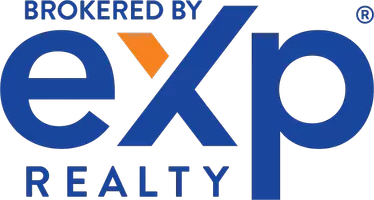Understanding Closing Costs: An Essential Guide for Homebuyers
As you embark on your home buying journey, you'll encounter several terms and concepts that may be unfamiliar. One such term is "closing costs". While many first-time homebuyers are aware of the need for a down payment and monthly mortgage payments, closing costs are often a surprise. This guide will help you understand what closing costs are and why they matter.
What Are Closing Costs?
In the simplest terms, closing costs are fees associated with finalizing a mortgage. They are paid at the "closing" of the real estate transaction, hence the name. These costs are separate from your down payment and are typically the buyer's responsibility.
What's Included in Closing Costs?
Closing costs can vary widely based on the location of the property, the type of property, and the type of loan, but generally, they include:
1. Loan Origination Fees: These are fees charged by your lender for creating your loan.
2. Appraisal Fees: An appraisal is required to determine the fair market value of the home. This fee goes to the appraisal company.
3. Title Insurance: This insurance protects you and the lender in case there are issues with the home's title.
4. Recording Fees: These are fees for legally recording the new deed and mortgage.
Why Do Closing Costs Matter?
Understanding closing costs matters because they can make a significant difference in your budget for buying a house. Closing costs typically range from 2% to 5% of the loan amount. On a $300,000 home, that's between $6,000 and $15,000, which is a significant amount of money.
Knowing about these costs upfront can help you budget better and avoid surprises on closing day. Some lenders offer the option to roll your closing costs into your mortgage, but doing so will increase your monthly payments.
Conclusion
While closing costs may seem overwhelming at first, understanding them can help you be more prepared in your home buying journey. It's important to ask your lender for a detailed estimate of your closing costs early in the process, so you know what to expect.
Buying a home is a significant financial decision, and being well-informed can help you navigate the process with confidence. If you have any questions about closing costs or any other aspect of home buying, don't hesitate to reach out to a real estate professional. They can provide you with personalized advice and guidance tailored to your situation.
Remember, knowledge is power in the home buying process. Happy house hunting!
Categories
Recent Posts











